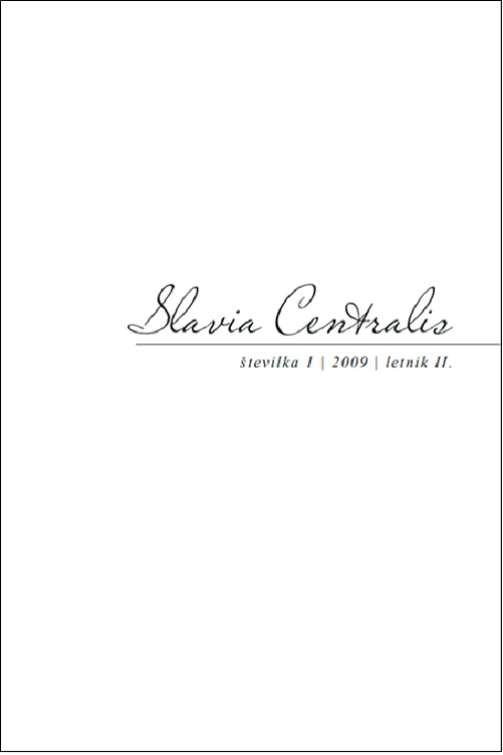Sytuacja językowa w Unii Europejskiej
DOI:
https://doi.org/10.18690/scn.2.1.12–19.2009Keywords:
interlinguistic and intercultural globalization processes, language policy, intercultural dialogue, linguistic pluralism in the EU, little and big languages and culturesAbstract
The linguistic situation in the European Union
Issues of language and culture in the EU exhibit a complex pattern, and their proper management cannot be conceived of without taking into consideration the results of interlinguistic and intercultural research. EU citizens must be prepared to confront cultural and civilizational diversity and also to understand that diversity rather than receiving it as a threat to their national identity. Are educated EU citizens, for example, ready to come to grips with linguistic, cultural and civilizational diversity? Are they able to adequately treat and accept such diversity? What are they prepared to do in order to maintain and cultivate their own language, culture, and identity, as well as to hand them down to the next generation? These are the challenges that a nation and a sovereign state necessarily have to face. New EU member states, torn out of its former isolation, has suddenly found itself exposed to globalization processes.
Downloads
References
Downloads
Published
Issue
Section
License
Copyright (c) 2009 University of Maribor Press

This work is licensed under a Creative Commons Attribution-NonCommercial 4.0 International License.
Copyrights
This journal is licensed under the Creative Commons Attribution Share-Alike License (CC BY-SA). https://opendefinition.org/licenses/cc-by-sa/
Plagiarism Policy
Slavia Centralis is a non-commercial, open access, electronic research journal. As such it pledges to uphold certain ethical principles regarding confidentiality, originality and intellectual fair play. Slavia Centralis takes copyright infringement and plagiarism very seriously and all submissions may be checked with duplication detection software.
Authors must:
- Ensure that all work submitted is original, fully referenced and that all authors are represented accurately. The submission must be exclusive and not under consideration elsewhere.
- Obtain all permissions from copyright owners for 3rd party material (e.g. quotations, illustrations, tables, etc.).
